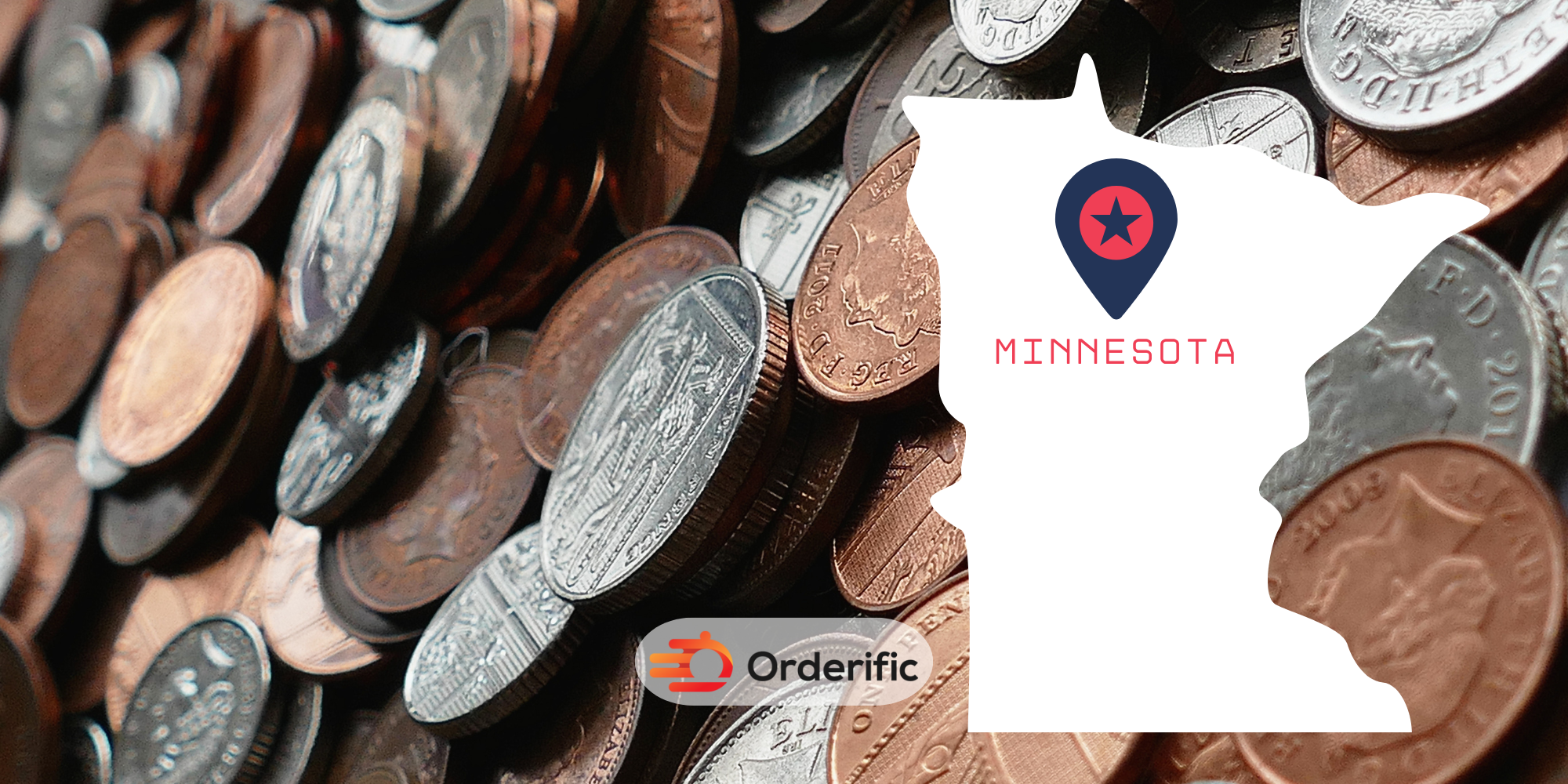Hello there, Minnesota employers and employees! Ever find yourself scratching your head over the intricacies of the Minnesota minimum wage laws? Well, you’re not alone. With the constant changes and amendments, it’s easy to get lost.
But don’t worry, we’re here to help. In this post, we’ll take a deep dive into the current minimum wage rates, the history behind them, and the legal requirements for compliance. So whether you’re an employer looking to ensure your business meets all the regulations or an employee wanting to know your rights, this guide is your one-stop-shop for all things related to Minnesota minimum wage laws. Buckle up, and let’s dive in!
The History of Minimum Wage Laws in Minnesota
Minnesota’s minimum wage was originally set in 1947 and has been amended several times since then. The current wage rate of $10.59 per hour went into effect on January 1st, 2020. This is the highest state-wide minimum wage in the United States!
However, the state minimum wage isn’t the only option. Several large cities have their ordinances governing local minimum wages. This means that employers in Minneapolis, St. Paul, Duluth, and other cities may need to pay employees more than the state-wide rate. Let’s take a look at these local rates next.
The current minimum wage in Minnesota is different for large and small employers. Large employers are those with annual gross revenues of $500,000 or more. Small employers have annual gross revenues of less than $500,000.
- Large-employer wage: $10.59 per hour (Jan. 1, 2023), $10.85 per hour (Jan. 1, 2024)
- Small-employer wage: $8.63 per hour (Jan. 1, 2023), $8.85 per hour (Jan. 1, 2024)
- 90-day training wage (under 20 years of age): $8.63 per hour (Jan. 1, 2023), $8.85 per hour (Jan. 1, 2024)
- Youth wage (under 18 years of age): $8.63 per hour (Jan. 1, 2023), $8.85 per hour (Jan. 1, 2024)
The minimum wage applies to all hours worked, whether part-time or full-time. It is also important to note that the Minnesota minimum wage is higher than the federal minimum wage, so employees who are covered by both laws must be paid the higher state minimum wage.
Current Minimum Wage Rates in Minnesota
The current state-wide minimum wage in Minnesota is $10.59 an hour for most jobs. However, there are some exceptions to this rule. For example, employers of employees under age 18 may pay a reduced rate of not less than $8.63 per hour for the first 90 consecutive days of employment.
In addition, certain cities have set their minimum wage rates. This means employers in those cities must pay the rate that applies to them. Here is a list of current local wages:
- Minneapolis: $14.50 per hour
- St. Paul: $15.00 per hour
These higher wages only apply to employers within the city limits and those who hold contracts with the city. Employers in other nearby cities or towns must adhere to the state minimum wage rate of $10.59 an hour.

Changes to Minnesota Minimum Wage Laws for 2023
Beginning on January 1st, 2023 the minimum wage in Minnesota will increase according to a formula set by the state legislature. The exact amount of the wage increase depends on various factors, such as inflation and cost of living.
Beginning in 2023, employers must also institute an annual adjustment based on the rate of inflation or an alternative index. This means that employers must adjust their wages each year to ensure they comply with the law.
Impacts of Minimum Wage Increases on Minnesota Businesses
The increased minimum wage in Minnesota may have a positive impact on businesses. A higher wage can lead to more productive employees, less turnover, and improved customer service. It can also lead to higher profits due to increased consumer spending.
On the other hand, business owners need to adjust their budgets accordingly if they are required to pay their employees a higher wage. This may mean cutting costs in other areas or raising prices for products and services to offset the increased labor costs.
Strategies for Compliance with Minnesota Minimum Wage Laws
Compliance with minimum wage laws in Minnesota is a must for all employers and employees. Here are some strategies to ensure you remain compliant:
- Stay up-to-date on changes in the law: Be sure to keep an eye out for any changes to the state or local minimum wages, as well as any new compliance requirements.
- Keep accurate records: Document hours worked, wages paid, deductions made, and any other relevant information. This will help ensure that all employees are being paid correctly and in compliance with the law.
- Organize a wage audit: Periodically audit payroll to make sure all employees are being paid the correct amounts of money. Take steps to correct any errors or omissions.
These strategies can go a long way toward helping your business remain in compliance with the law.
Conclusion
Staying on top of Minnesota’s minimum wage laws can be tough, but all employers and employees need to ensure they are complying with the law. The information in this post should provide you with a good understanding of the current minimum wage rates, the history of the laws, and strategies for compliance.
Now that you’ve got a better idea of the nuances of Minnesota’s minimum wage regulations, you can ensure your business complies and protect the rights of your employees.
Find more informative content with Orderific here. For the many ways Orderific can improve your business, start trying it out here. It’s Orderific time now!
FAQs
What is the current Minnesota minimum wage?
The current Minnesota minimum wage is $10.59 per hour for most jobs.
When will the minimum wage increase in Minnesota?
The minimum wage in Minnesota will increase on January 1st, 2023 according to a formula set by the state legislature.
How do minimum wage increases affect businesses?
It can have both positive and negative impacts on businesses. A higher wage can lead to more productive employees, less turnover, and improved customer service.
Are there any exemptions to minimum wage laws?
Yes, employers of employees under age 18 may pay a reduced rate of not less than $8.63 per hour for the first 90 consecutive days of employment.
What are the penalties for non-compliance?
Employers who are found to violate minimum wage laws can face fines, back pay requirements, and legal action.













